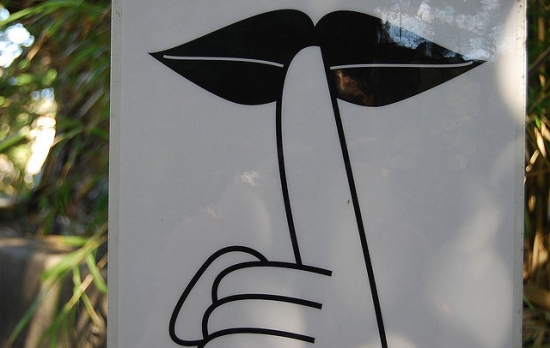10 Pieces of British Slang I’d Like to See Stay in the U.K.
Earlier this week, I confessed to watching much too much British television. So much so that I lobbied for 10 pieces of British slang to be adopted here in America, but just because I like some of it doesn’t mean I like it all. Some British slang is confusing, distasteful, or forever marred for me by weirdly personal reasons. There were a few I liked that didn’t make that list, but instead of adding more I think my time is better served by sharing 10 British slang terms I’d like to see stay on the other side of the Atlantic.
The words I picked for my list of slang terms I wanted to see adopted in the States were ones that I not only liked, but genuinely thought were better than what we have here in American English. Many people left suggestions in the comments for some that I just missed, and a few I was on the fence about, but there were also many I just don’t want to see make their way across the pond.
[geekovision id=218]
(image via Katie Spence)
- These are the British Slang terms I do want to see adopted in the U.S.
- What’s the British term for “fired for calling out sick to wrestle a shark?”
- A British team thinks Stonehenge was an ancient party spot
Pages: 1 2
Have a tip we should know? [email protected]
